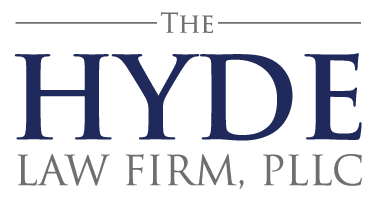Seventy percent of people over the age of 65 will need long-term care at some point during their lives. Making the decision to place a loved one in a nursing facility or planning for such an eventuality, including for yourself, is already difficult enough without having to wade through misconceptions, trying to understand the eligibility requirements, and figuring out what options are available to legally preserve assets in order to meet Medicaid eligibility. Few can count on savings and financial planning to cover 100% of the high costs of long-term care.
Medicaid has become the most common source of funding for long-term care and it is essential for families to under-stand the eligibility requirements. Unlike Medicare, which is not dependent on the value of someone’s assets or their income, Medicaid eligibility has very specific income and asset requirements. You cannot have more than $2,349 total gross monthly income or exceed $2,000 in assets. A home and one automobile do not count toward the $2,000. In addition, you must be a Texas resident (or a qualified resident alien) and be a minimum of 65 years old, or blind, or disabled. You must also have a medical need for skilled care in a nursing facility for a minimum of 30 days.
The most complex issue of Medicaid eligibility is dealing with income and assets. Many people believe they can’t qual-ify for Medicaid unless they spend down all their income and assets, but there are options available to protect and pre-serve existing wealth so it can still benefit the person seeking Medicaid, their heirs, or a spouse that is not in long-term care. Assets can be transferred with possible penalties or trusts can be created. A Medicaid Asset Protection Trust and/or a Qualified Income Trust can help you hold onto assets and income and not have them count against your eligibility. Your home is exempt from counting toward your asset limit, but Texas, like most states, has a Medicaid Estate Recovery Program (MERP) that allows them to ask the family for reimbursement for Medicaid funds from the estate after death. Trusts can be created to protect the majority of your assets from falling victim to MERP and ensure the future of your heirs. In addition, the Texas Ladybird Deed allows the home to transfer outside of probate. It is no longer considered an asset of the estate and can’t be used by Medicaid to recover costs. Careful planning can prevent the loss of assets in the probate process. Call us to discuss your options. Planning ahead is essential for making the most of trusts.
No matter where you live in Texas, our attorneys can assist you in planning for the future Medicaid needs of yourself and your loved ones. Any time a nursing home becomes a genuine possibility for yourself or a loved one, having a qualified, experienced Texas Medicaid attorney that has your back is invaluable. The Hyde Law Firm specializes in Medicaid and covers the entire state of Texas. We are centrally located in Granbury, TX. Give us a call today to prepare for your future needs.



